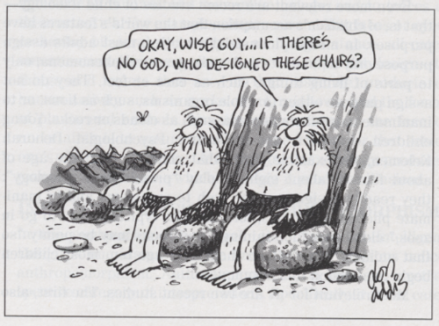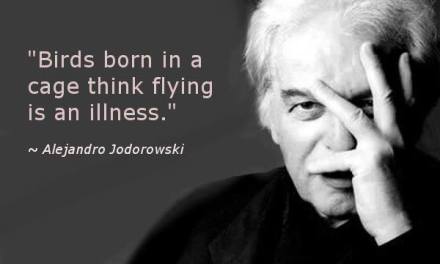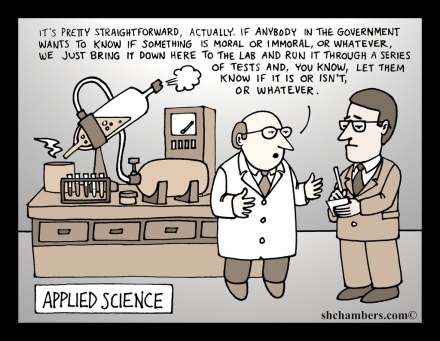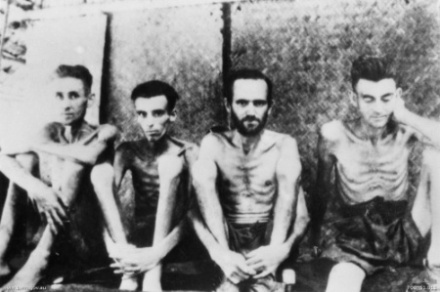
Disclaimer ; Julian Barnes is my favorite author.
That’s taken out of the way, I have to say that Flaubert’s Parrot is a very enjoyable book, certainly not a typical novel but more like a biography written as a novel. Julian Barnes has a way with words that make you want to read whatever he writes be it a fiction, non-fiction or an article. He is just brilliant.
It’s about Geoffrey Braithwaite a scholar doing a biography on the French author Gustave Flaubert, he seems to be fascinated by his personality and by his writings especially (Madame Bovary). As the title hints he searches for a parrot that Flaubert used in one of his stories. during this search he embarks on a journay to Gustave home town Croisset, during that journay he introduce us to Gustave through Gustave’s writings, letters and through his friends.
the book starts by Geoffrey critiquing himself saying ;
“Why does the writing make us chase the writer? Why can’t we live well alone? Why aren’t the books enough? Flaubert wanted them to be: few writers believed more in the objectivity of the written text and the insignificance of the writer’s personality ; yet still we disobediently pursue.”
Though in his case I think he did it to defend his favorite writer from the criticism he was subjected to. I have to admit that I developed a liking for Gustave Flaubert after reading this book some of his views and thoughts are just fascinating and I loved this book because it introduced me to a unique philosopher and writer.
The style of the novel is unique and enjoyable, each chapter has its own style whether it’s the chronology of Gustave through his quotes or comparing him to Animals in (The Flaubert bestiary ) or through enlisting some of the coincidences he went through and how ironic they were (Snap). In ( the Case Against ) chapter he defends Gustave views on humanity, democracy, involvement in life and women. My favourite chapter is (Pure story) in which much is revealed about Geoffrey Braithwaite and the reasons behind his obsession with Gustave.
Gustave Flaubert is interesting character he comes out mostly as a pessimist but I guess that’s the case of all Realists, my advice is to read this book holding a pencil because you don’t want to miss underlying the many brilliant quotes. Some of Flaubert quotes that I loved within the book;
Life
“If you participate in life, you don’t see it clearly: you suffer from it too much or enjoy it too much'”
“When I was still quite young I had a complete presentiment of life. It was like the nauseating smell of cooking escaping from a ventilator: you don’t have to have eaten it to know that it would make you throw up. ”
“Life … is a bit like reading. … If all your responses to a book have already been duplicated and expanded upon by a professional critic, then what point is there to your reading? Only that it’s yours. Similarly, why live your life? Because it’s yours. But what if such an answer becomes less and less convincing?”
Happiness
“Happiness is like the pox. Catch it too soon, and it wrecks your constitution.”
“To be stupid, and selfish, and to have good health are the three requirements for happiness – though if stupidity is lacking, the others are useless.”
Friendship
“With me, friendship is like the camel; once started, there is no way of stopping it”
People
“People are like food. There are lots of bourgeois who seem to me like boiled beef: all steam, no juice, and no taste (it fills you up straight away and is much eaten by bumpkins). Other people are like white meat, freshwater fish, slender eels from the muddy river-bed, oysters (of varying degrees of saltiness), calves’ heads, and sugared porridge. Me? I’m like a runny, stinking macaroni cheese, which you have to eat a lot of times before you develop a taste for it. You do finally get to like it, but only after it has made your stomach heave on countless occasions.”
Love
“Lovers are like Siamese twins, two bodies with a single soul; but if one dies before the other, the survivor has a corpse to lug around.”
Feelings and the heart
“As you get older, the heart shed its leaves like a tree. You cannot hold out against certain winds. Each day tears away a few more leaves; and then there are the storms that break off several branches at one go. And while nature’s greenery grows back again in the spring, that of the heart never grows back.”
“Each one of us has in his heart a royal chamber. I have had mine bricked up, but it is still there.”
“Some people have a tender heart and a tough mind. I’m the opposite: I have a tender mind but a rough heart. I’m like a coconut which keeps its milk locked away beneath several layers of wood. You need an axe to open it, and then what do you find as often as not? A sort of sour cream.”
“My heart remains intact, but my feelings are sharpened on the one hand and dulled on the other, like an old knife that has been too often sharpened, which has notches, and breaks easily.”
Patriotism
“The greatest patriotism is to tell your country when it is behaving dishonorably, foolishly, viciously.”
Grief
“And you do come out of it, that’s true. After a year, after five. But you don’t come out of it like a train coming out of a tunnel, bursting through the downs into sunshine and that swift, rattling descent to the Channel; you come out of it as a gull comes out of an oil-slick. You are tarred and feathered for life.”
Despair
“Is despair wrong? Isn’t it the natural condition of life after a certain age? … After a number of events, what is there left but repetition and diminishment? Who wants to go on living? The eccentric, the religious, the artistic (sometimes); those with a false sense of their own worth. Soft cheeses collapse; firm cheeses endurate. Both go mouldy.”
The Past
“The past is a distant, receding coastline, and we are all in the same boat. Along the stern rail there is a line of telescopes; each brings the shore into focus at a given distance. If the boat is becalmed, one of the telescopes will be in continual use; it will seem to tell the whole, the unchanging truth. But this is an illusion; and as the boat sets off again, we return to our normal activity: scurrying from one telescope to another, seeing the sharpness fade in one, waiting for the blur to clear in another. And when the blur does clear, we imagine that we have made it do so all by ourselves.”
“It isn’t so different, the way we wander through the past. Lost, disordered, fearful, we follow what signs there remain; we read the street names, but cannot be confident where we are.”

The Realist ; Gustave Flaubert



















